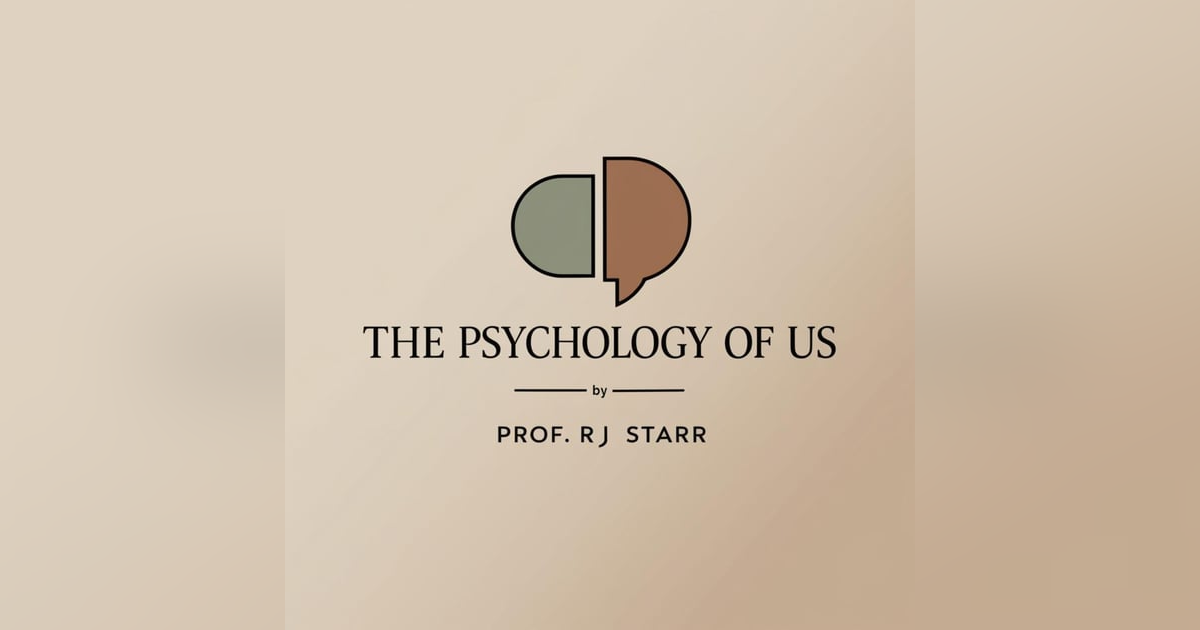The Psychology of Self-Righteousness

Self-righteousness is one of those habits of mind that can feel powerful in the moment but quietly corrodes everything around it. The conviction that one’s own perspective is morally superior doesn’t just close doors to dialogue, it hardens people against growth and turns everyday disagreements into battles for dominance. This episode takes a close psychological look at what happens when certainty becomes a performance rather than a position.
Drawing on both research and lived experience, Professor RJ Starr examines how self-righteousness narrows thinking, damages relationships, and fuels cultural polarization. More than just a character flaw, it is a posture that trades humility for hostility and connection for control. Understanding this pattern is the first step in recognizing it in ourselves and others.
The conversation then shifts toward solutions: humility as a corrective lens, curiosity as an antidote to judgment, flexibility as a sign of real strength, and empathy as a way of restoring human context. Together these habits move us beyond the need to stand over others, toward a steadier and more principled way of standing firm.





